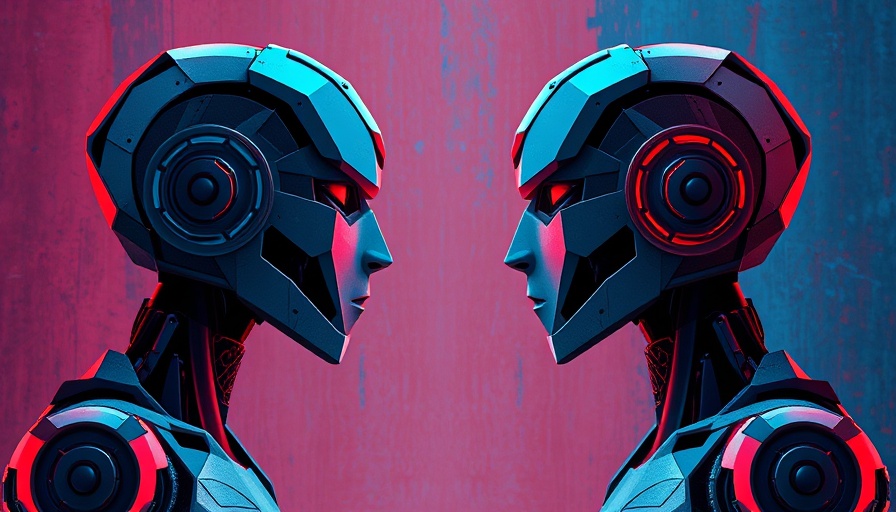
The Rising Importance of Open-Source AI
The term "open source" has transitioned from a niche concept to a staple of technological discourse, particularly regarding artificial intelligence (AI). As major tech companies claim to adopt open-source practices, the implications of this shift warrant scrutiny. While promoting transparency and innovation, selective openness in AI development raises ethical questions that cannot be ignored.
Harnessing the Benefits of True Open Collaboration
Open-source software has a proven track record for fostering innovation. Projects like Linux and Apache have revolutionized the internet, showcasing the potential of collaborative development. Today, with the emergence of open-source AI tools, the opportunity for rapid advancement is ripe. By enabling access to AI frameworks and model parameters, developers can produce customized applications across diverse sectors, thus democratizing technology.
Risks Inherent in Selective Transparency
However, not all initiatives branded as open source are created equal. The complexity of AI systems introduces layers of difficulty beyond mere code sharing. For example, the controversial LAION 5B dataset highlighted the dangers of limited transparency in AI training data. This dataset contained harmful material, yet its open-source nature allowed for community-led identification and rectification. Conversely, proprietary models, which lack such openness, could inadvertently perpetuate errors and ethical issues without public oversight.
Ethical Implications: A Call for Responsible Practices
The ethical responsibilities of AI developers can no longer be understated. In light of recent studies indicating a correlation between open-source adoption and enhanced ROI, the tech industry must prioritize not just transparency but genuine collaborative practices. As regulation remains a contentious point, nurturing a culture of open dialogue and community engagement can safeguard against potential crises within the AI landscape.
Conclusion: Embracing Genuine Openness in AI
As we navigate this complex intersection between technology and ethics, it becomes essential for leaders in the industry to champion true open-source solutions. By fully committing to transparency and community involvement, the potential pitfalls of selective openness can be avoided, laying the groundwork for a future where AI serves everyone responsibly and ethically.
 Add Row
Add Row  Add
Add 




Write A Comment